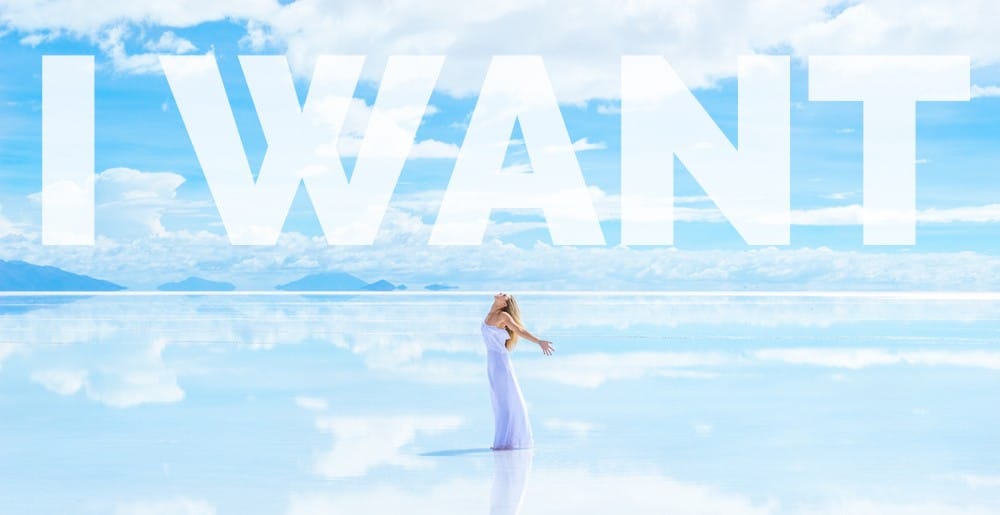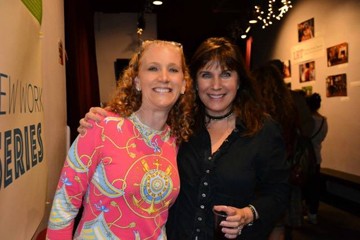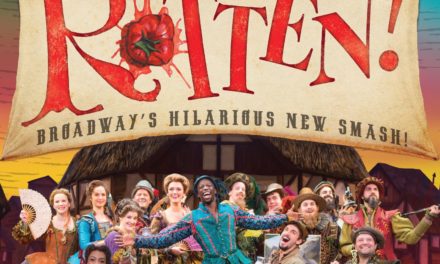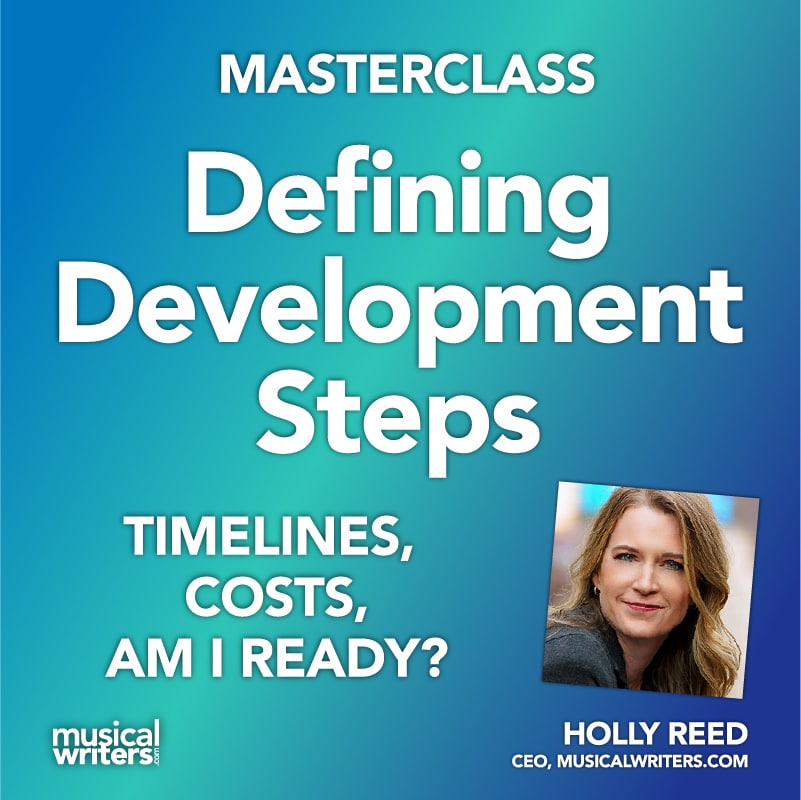I Want Songs, Call to Adventure, and Inciting Incidents in Musicals
“I don’t know who I should care about and why.” It may sound like an expression of personal angst, but it’s the kind of comment I often hear from panelists at feedback sessions for musical works-in-progress. It means the evaluator is unclear which character is leading the story and why an audience should care about him/her.
One way writers can avoid musical muddle is to write a good I Want piece, sung by the protagonist (or in a love story, perhaps two protagonists). The audience needs to know the longings of the central character by having him or her sing about what’s missing in their life. Since we tend to root for a character to get what they want, we become engaged. That’s why there’s a tradition that one of the early songs in a show is an I Want number.
I recently suggested to some composer-lyricist friends that they write about the I Want song in order to help writers understand what it is. Noel Katz (I Want song post) and Paul Cozby (I Want; I Don’t Want songs) rose to the challenge.
As I approached the subject, I turned to some of my favorite books about story. Although the books are aimed at screenwriters, the reflections of Christopher Vogler and Robert McKee add depth to the meaning of those early moments of a musical.
I Want Songs and the Call to Adventure

focuses on the journey that a hero/protagonist takes. Near the beginning of most fictional works, there’s something that launches this journey. “The Call to Adventure,” Vogler says, “establishes the stakes of the game, and makes clear the hero’s goal: to win the treasure or the lover, to get revenge or right a wrong, to achieve a dream, confront a challenge, or change a life.”
In a musical, some part of this call is usually musicalized. For example, in Gypsy, the character Rose lets us know she wants a piece of the show business life (even if only as a stage mother). “Some People” is the second song in the show (not counting the Overture) and serves as the I Want song. Another example is from the musical Pippin. The title character is a young man who feels an urgent inner call to find his purpose and live an extraordinary life. He steps up and sings “Corner of the Sky,” the musical’s second musical number.
In musicals with a romantic storyline, a central character often sings of his/her longing for love, such Marion singing “Goodnight, My Someone” in The Music Man, or more obliquely, Curly singing “Surrey with the Fringe on Top,” in a show focused on romance and the journey to a social event (Oklahoma!).
Story, Inciting Incidents, and I Want Songs

gives another context for the I Want song. McKee says that fictional stories need an Inciting Incident. It’s the writer’s job to set up something that will jolt the protagonist out of his or her usual routines of life. “The Inciting Incident radically upsets the balance of forces in the protagonist’s life,” writes McKee (page 189). There needs to be an event that either happens directly to the protagonist or is caused by the protagonist. As a result of this event, this character starts seeking ways to restore the balance.
Musicals also need an Inciting Incident. The I Want song, in this perspective, might come before the Incident, in which case it would express a desire for change. Or it could come after the character has been stirred up. In My Fair Lady, by the time Eliza Doolittle sings “Wouldn’t It Be Loverly,” her little flower girl world has already been disrupted by an encounter with Henry Higgins. He has teased her with the notion that she could raise her status if she spoke better English. Shaken by this suggestion of a better life, she explores her response in song and dance.
When Stephen Schwartz was working on an I Want song for Wicked, he wrote two versions called “Making Good.” But at the developmental readings, he didn’t feel that either version of the song had enough of an impact on the audience. His son Scott suggested that he delay the song until after an incident so that the central charcter, Elphaba, had another reason to sing besides her personal longing. Stephen then replaced “Making Good” with a new piece, “The Wizard and I,” that Elphaba would sing after she inadvertently performed a bit of magic. This new song was not only more popular with audiences, but it more also successfully set up the rest of Act I and Elphaba’s journey to meet the Wizard of Oz. (For details on this, see pages 445 – 447 of my book, Defying Gravity).
Stephen Schwartz and I Want Songs
Although musical theorists have laid out descriptions for various types of songs in a show, Stephen Schwartz doesn’t use many of the labels. However, he does believe in the importance the “I Want” number.
In the following comments, he answers a question about this type of song, as related to his work on Disney’s Pocahontas.
Stephen Schwartz: It’s not really that there is a “formula” for these things, but I have learned over the years that pretty much any successful musical you can name has an “I Want” song for its main character within the first fifteen or so minutes of the show. I can think of exceptions, but frankly I feel that the lack of such a moment is a weakness in most of those cases. “Just Around the Riverbend” may not be a classic “I want” song, because the character doesn’t really want anything that strongly until she meets John Smith, but it sets up her sense that she has another destiny to pursue than the one laid out for her by her father and society and her desire to go after it. Its closest equivalent in musical structure terms is probably “Something’s Coming” from West Side Story — not surprisingly, since that’s another Romeo and Juliet story.
The third number, “Mine Mine Mine”, was basically supposed to introduce the antagonist, Ratcliffe, and what HE wanted, so that the central dramatic conflict could be established. Obviously, I tried to write his lyrics in a comic way (and I’m still pretty proud of getting “with all you got in ya, boys, dig up Virginia, boys” through the Disney hierarchy), but the storytelling purpose of the number was more important than its “production number” value.
Stephen Schwartz’s “Corner of the Sky” as an I Want song
“Corner of the Sky” is a frequently reported listing on “All Time Favorite Songs” lists of many Broadway music fans. Various Broadway Fake books include the sheet music.
Stephen Schwartz: “This song was written on a car trip from Washington, DC to New York. It replaced a song for Pippin I had been struggling with futilely for weeks. Starting with the line ‘Why do I feel I don’t fit in anywhere I go?’ I asked my wife Carole, who was driving while I scribbled, ‘What are some things that fit?’ ‘Well,’ she replied, ‘Cats fit on the windowsill,’ and the rest sort of flowed from there.”
Cats fit on the windowsill,
Children fit in the snow.
Why do I feel I don’t fit in anywhere I go?Rivers belong where they can ramble
Eagles belong where they can fly;
I’ve got to be where my spirit can run free,
Got to find my corner of the sky.
The original lyrics include a verse, which Schwartz later rewrote to make it a more clear “I-Want” song. The new version is on the recording, while the original is in the sheet music.
Sheet music version:
And maybe some misty day, you’ll
Waken to find me gone
And far away, you’ll hear me
Singing to the dawn
And you’ll wonder if I’m happy there
A little more than I’ve been
And the answer will come back to you
Like laughter on the wind:
Rivers belong where they can ramble … ETC.
Stephen Schwartz: It was rewritten during rehearsals to be more specific as to Pippin’s goal: “I won’t rest until I know I have it all.” Some of the vocal selections were published prior to the show opening, and thus were not in a couple of cases the final version of the songs. Of course, I do like this original lyric too, in fact perhaps I prefer it as slightly more evocative. So when the song is sung out of context, I certainly don’t mind it being used.
I don’t think it’s surprising that “I Want” songs tend to be among the most recorded. They are often somewhat more liftable than other songs in the show (that is, they make sense outside the framework of the show), and they give the singer something to act.



















Very enjoyable article, Carol – thanks! I particularly appreciated your exploration of inciting incidents (external motivators) vs. internal motivations for “I Want” songs. This is something I’ve been considering re a show I am writing… Inciting incidents have the additional advantage of also moving the plot along. Really enjoyed the Stephen Schwartz examples, also!
Great article! It gives helpful structures for writing musicals – including mine!